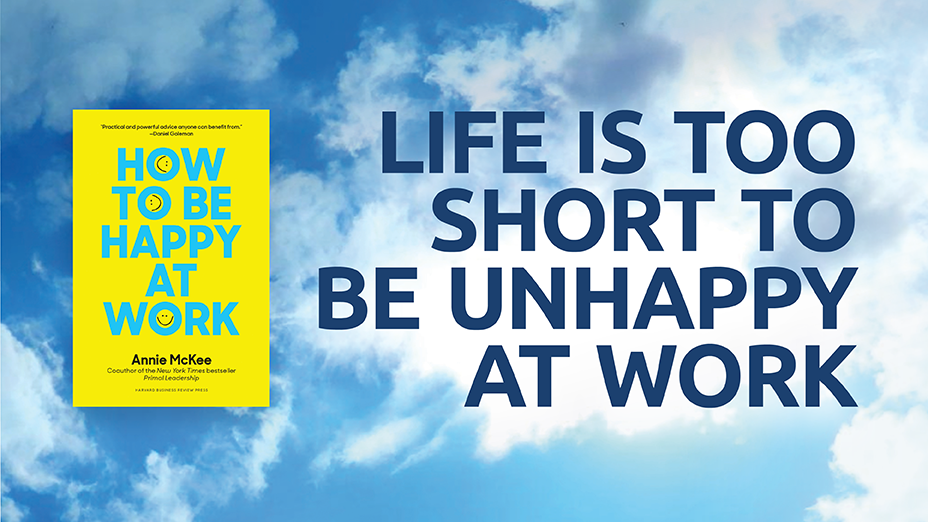One of the cruelest deceptions of our mod- ern time is that we have been talked out of our power. Notions of hopelessness and helplessness have made us spectators rather than creators of the communities and workplaces we all so desperately crave. Like you, there are times when I feel fatigued, discouraged, or ill-equipped. When those moments hit me, I think about my personal hero, Harriet Tubman.
Harriet Tubman was an enslaved woman turned abolitionist who defied the odds and escaped slavery. Born in the 1800s on a Southern plantation in Maryland, Harriet was brutally injured by an overseer as a child. He cracked her skull, resulting in a brain injury that caused her to have seizures and fainting spells for the rest of her life.
Can you imagine? After finally finding freedom, risking it all, not once, but thirteen times.
There are many reasons that Harriet could have simply accepted her condition, but at the age of twenty-seven, Harriet ran to freedom, by herself, in a feat that should amaze us all.
- She couldn’t read.
- She couldn’t write.
- She had a disability.
- She was only 27 years old.
- he traveled completely alone.
- She had never been more than a mile from the plantation.
- She didn’t have a map.
- She didn’t have any travel papers.
- She knew she would be maimed or killed if she was caught.
- She didn’t have a horse.
- She didn’t know anyone on the journey.
- She didn’t know what she would eat or drink.
- She was afraid.
But still, Harriet ran.
That journey of ninety miles to Philadelphia should have felt impossible to someone in her situation, but still, she ran. And in a feat of extraordinary courage, she made her way to the North and earned her freedom.
The story could end there and be incredible. A petite, disabled woman ran to freedom alone and took back her life from those who had stolen it from her.
But the story doesn’t end there. Harriet, unbelievably, went back. She actually went back to free others. She went on to be a conductor of the Underground Railroad which was a network of people, both Whites and free Blacks, who worked together to help runaways from slave holding states travel to the Northern United States and to Canada to freedom. Because the Railroad was a secret enterprise, we do not have perfect records of all her trips, but it is widely believed that this young woman saved over seventy people in thirteen trips over ten years. At first, she took the same route she had taken alone. She went back to the plantation of her birth to free her family and friends, bringing them to Philadelphia, but over time, as laws changed and pressure mounted, she was forced to transport these people the three hundred miles all the way to Canada.
Each time angering the authorities more, her bravery threatening the entire system. On one trip taking eleven people, on another taking seven, all with a bounty on her head.
If Harriet could take on this set of challenges to change her world, what can you and I do? Do we have less knowledge, fewer resources, or less access than this young illiterate woman did? Are we somehow less capable? I say no. All too often, we allow the too-loud voices of skeptics to persuade us of our powerlessness and our inability to create change.
If we are going to be impactful leaders, there are critical lessons we must learn from Harriet’s life:
Commitment: It must be done
To Harriet, slavery was unacceptable. The injustice could not stand. She had seen its horrors first hand and although she was free, she could not merely enjoy her safe, elevated position without a care for those suffering under inequality.
Do we feel the same? Do we feel like change MUST happen? Does your commitment to being Indivisible fall somewhere between picking up the dry cleaning and going to the gym, or is it a priority? Is it a strongly held value you believe must be done? What do you need to see corrected in your lifetime?
Courage: It must be done by me
Being a catalytic leader is not a spectator sport. Harriet taught us that if change is to happen, we must be agents of that change. Unfortunately, many of us stand around waiting for someone else to come. Well, no one else is coming. While you’re waiting on your Messiah, your Messiah is waiting on you.
Do we have the courage to personally do the hard things? Are we brave enough to risk actual consequences for our advocacy? Will we give up armchair advocacy to stand up for what’s right and be bold enough to create the world we want to see?
Certainty: I have to believe it can happen
Harriet believed in the promise of freedom enough to risk her life for it over and over again. She believed the situation could be changed. The only people who can change the world are the ones who think they can.
Are you one of those people? Do you believe that change is actually possible?
Creativity: I have to figure out how to do it
Harriet was a master of disguises. She used many throughout her journeys. Although she could not read or write, she was a cunning, creative woman. As the hunt for her became more intense, she was forced to develop more intricate plans to get enslaved people to freedom. She was a problem-solver who, I’m sure, could have instead leveraged those gifts for her personal gain.
Are we problem-solvers or excuse- makers? Do we leverage our gifts to find creative approaches to becoming stronger together?
The only people that can change the world are the ones who think they can. You must believe in
your power.
Consistency: I will do it even when it gets hard
For Harriet to go back once was incredible, but thirteen times? We can learn so much from her consistency over time. Sometimes, we are held hostage by the size and expectations of our goals. We feel like if the results are not massive, or they do not happen overnight, then our efforts did not matter. I am in awe at the number of people she saved on each trip not because those numbers were so big, but because they were so small. I wonder if four or five people would have been enough for me. To some, taking all that risk for as few as three people would have hardly seemed worth it, but to the people who were saved from a life of torture, rape, and bondage? It meant everything.
Chances are, you will probably not get your seventy all at once. It is easy to have a burst of energy or a flash of activity, but to truly create change, we must consistently do the work over time, even when it gets hard, unpopular, or discouraging. Are you willing to be consistent? Are you willing to take small steps every day?





.png)

.jpg)


What Did You Think?